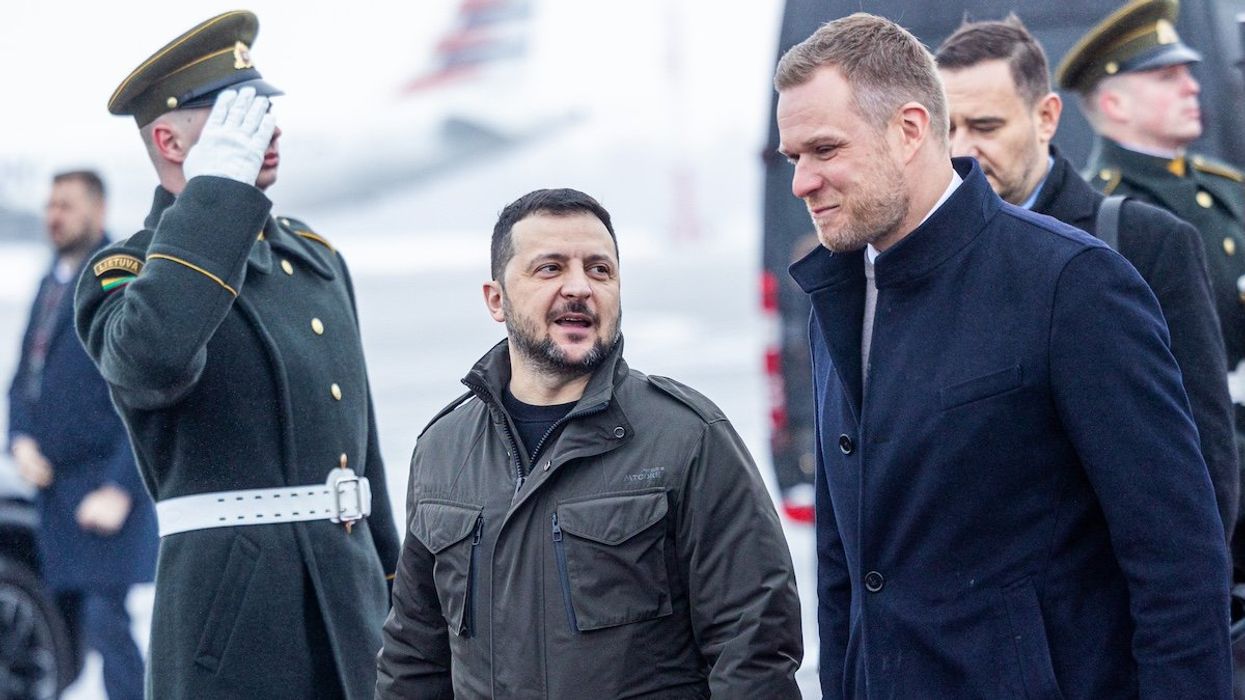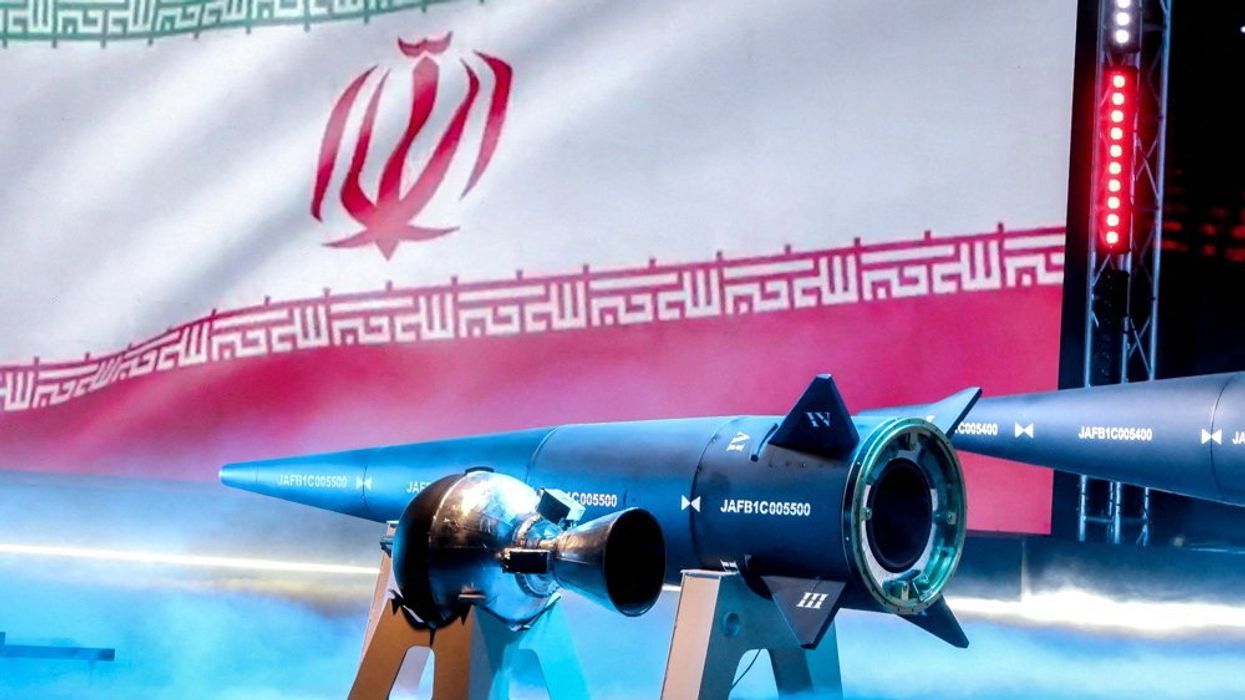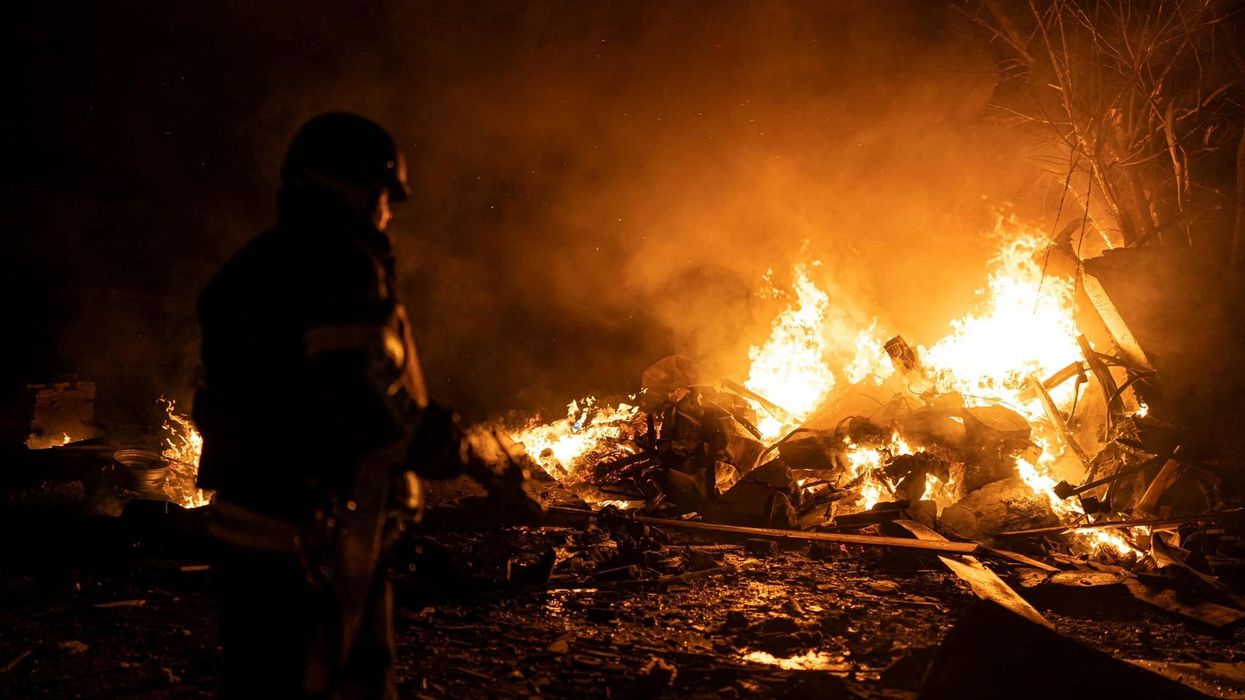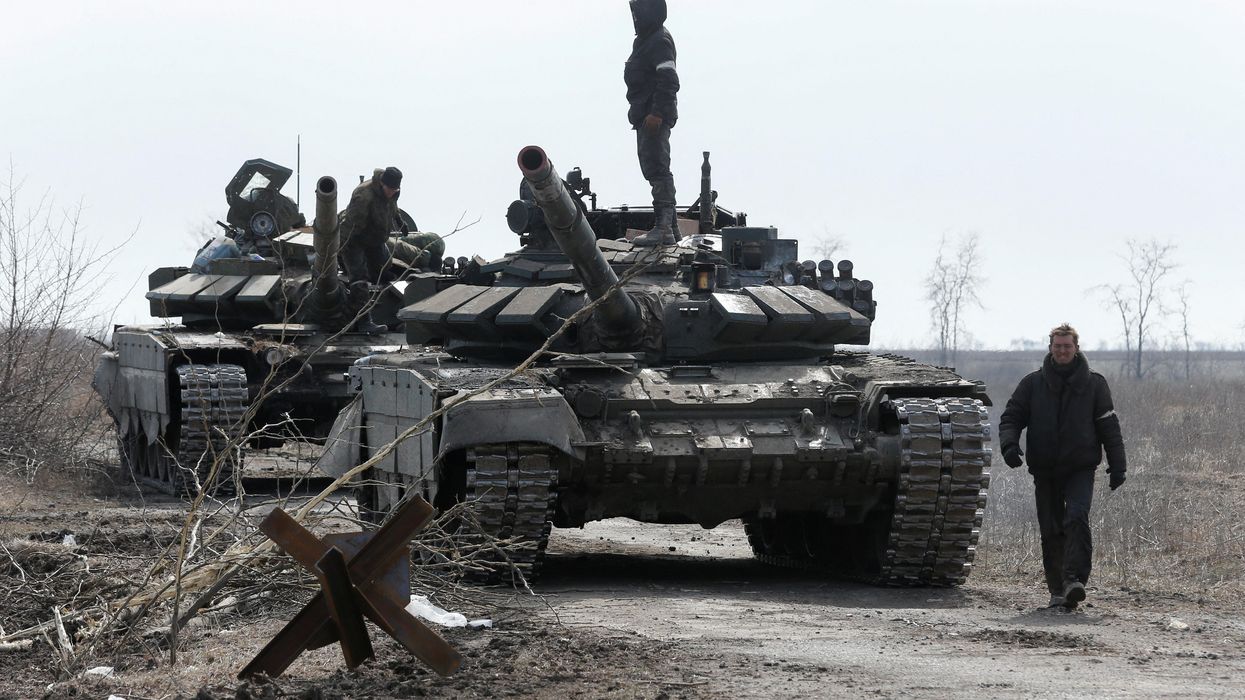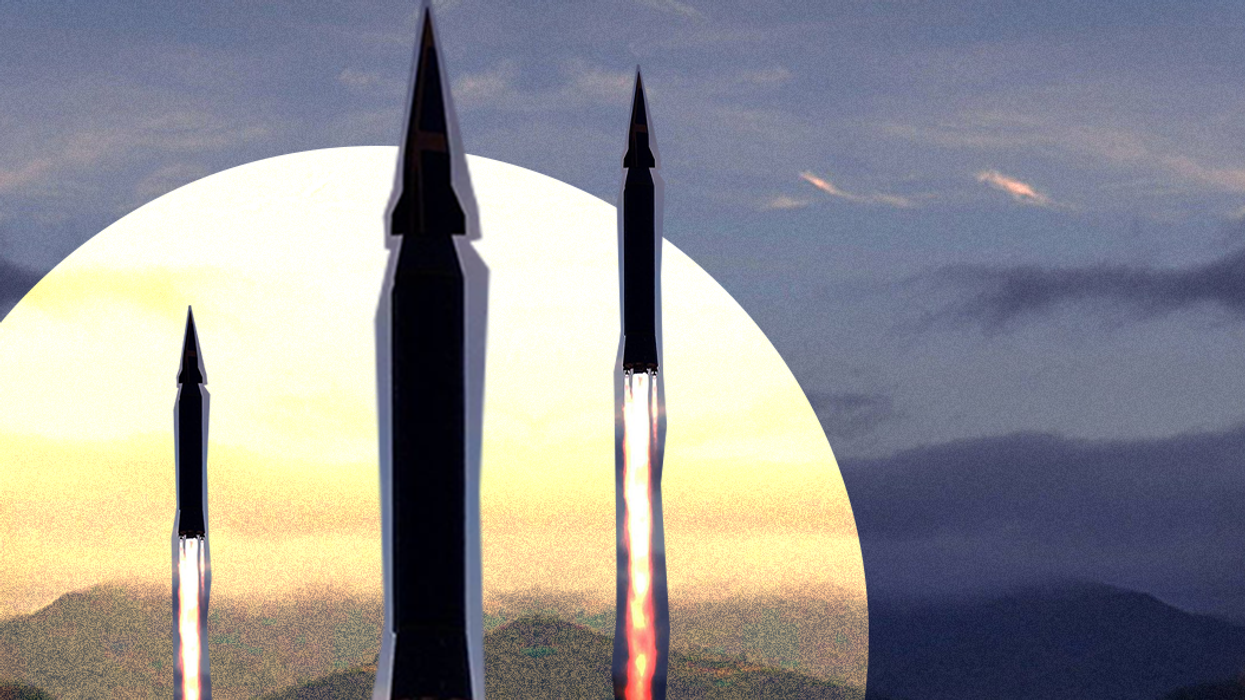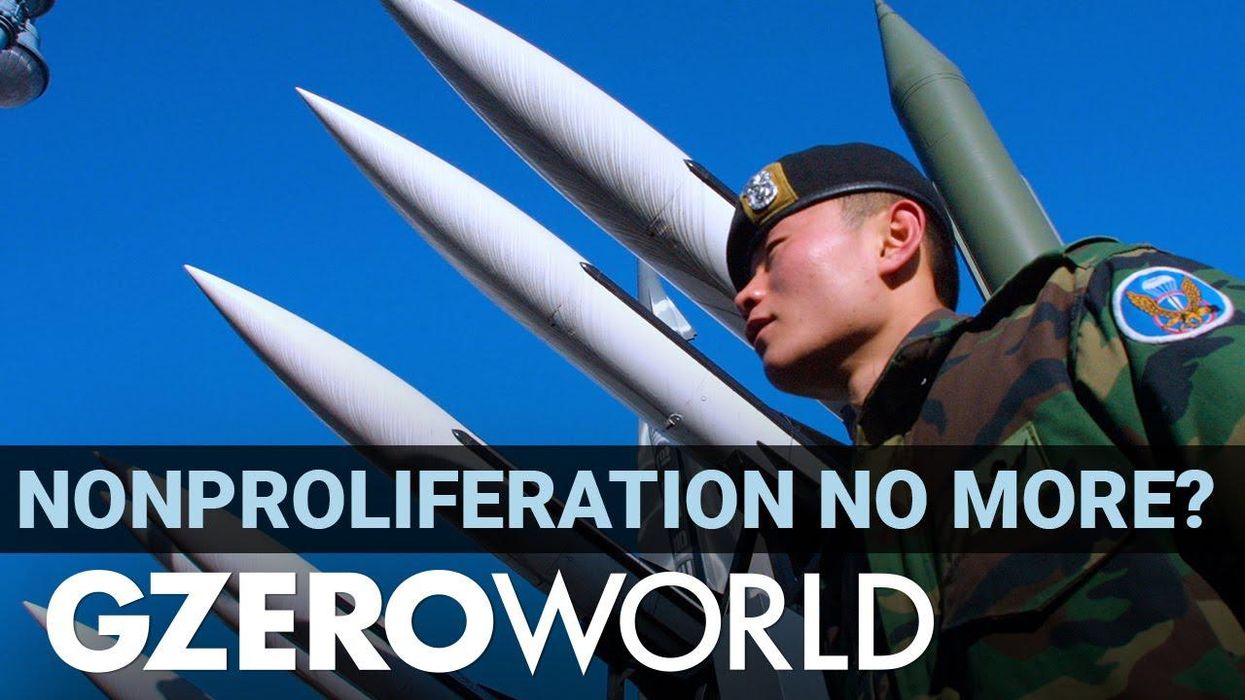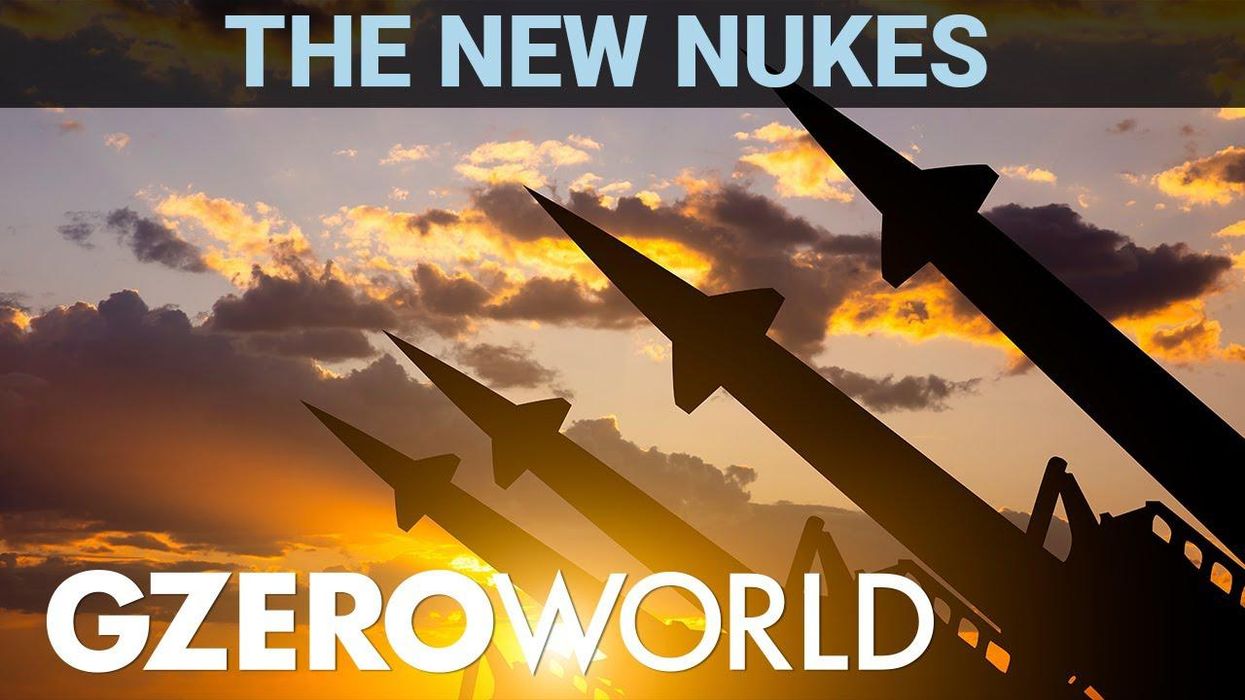What We're Watching
Putin threatens NATO and Ukraine (yet again)
On Monday, Russia’s President Vladimir Putin warned that he might lift self-imposed restrictions on Russia’s development of short- and medium-range missiles, while warning that the West was pushing on “a red line we can’t step back from.”
Dec 16, 2024

